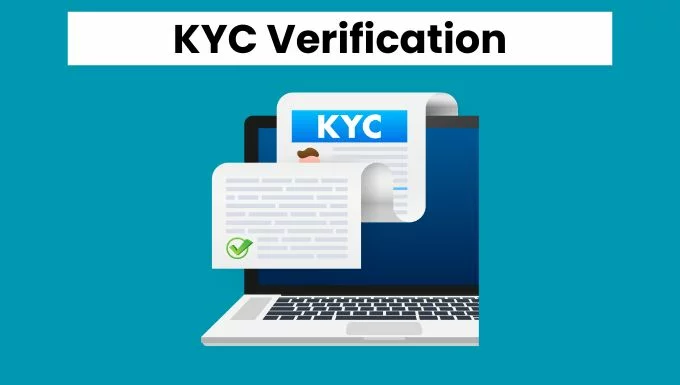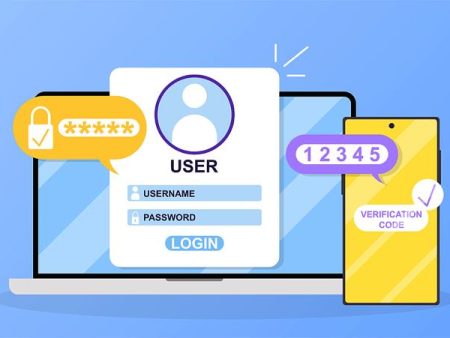
The online betting industry has significantly evolved over the years, with bookmakers enhancing their platforms to offer better security and user experience. These advancements have not only made betting more convenient but also helped reduce the risks posed by fraudsters. Protection of sensitive customer information has become a top priority for online bookmakers.
Bookmaker Security Measures
By law, bookmakers are required to maintain two separate accounts: one for their operational activities and the other for customer funds. This practice has been instrumental in safeguarding customers’ money, particularly when a betting company encounters financial difficulties. The betting industry has come a long way, from traditional betting shops to the convenience of mobile betting, making it easier to deposit and withdraw funds. Additionally, with new features and promotions, betting firms are working hard to attract and retain punters.
What is KYC Verification?
KYC stands for “Know Your Customer,” a verification process used by bookmakers to confirm the identity of individuals signing up for their platforms. This process ensures that underage individuals cannot access betting services, as the system automatically denies access during verification.
KYC also helps bookmakers detect suspicious activity, such as multiple accounts being opened with the same details to exploit welcome bonuses. This system helps companies comply with regulations on underage gambling and saves them from costly legal battles.
Streamlined KYC Process
The KYC verification process has become faster and simpler. New customers can get verified within minutes, all through their smartphones. There’s no need for lengthy forms; registration usually involves just a few steps, with a verification code sent via email or SMS.
What You Need to Register with a Bookmaker
While registration requirements vary across different bookmakers, most platforms will ask for the following information:
- National ID card number (with some requiring photos of both the front and back)
- Armed forces ID or a driver’s license
- Email address
- Mobile phone number (used for verification)
- Bank account number
Bookmakers often provide two registration options: partial and full registration. Partial registration can be completed initially, with full registration required once the necessary documents are obtained. Verification of bank details is also necessary when using methods like credit cards or e-wallets, so it’s essential to be cautious when sharing sensitive financial information.
How Long Does KYC Verification Take?
If you provide accurate information during registration, the verification process takes just a few minutes. With automated systems, notifications are typically sent almost instantly. Many bookmakers are now using KYC software that operates 24/7, moving away from the traditional working-day-only verifications. This automated approach ensures that the process is quick and reliable, unaffected by human error or emotions.
However, the actual verification time may vary depending on the betting provider and external factors influencing the process.
Can You Withdraw Money Without KYC Verification?
Many punters wonder if they can withdraw funds without completing the full KYC process, especially those who opted for partial registration. It’s important to understand that partial and full registration are both part of the KYC process, and the bookmaker will still identify you as a subscriber.
Therefore, it’s impossible to avoid KYC verification. Without completing the process, withdrawals cannot be processed, as everything is now documented in accordance with government regulations. If you encounter any issues with withdrawals, it’s advisable to first contact customer support. If they remain unresponsive, you can escalate the matter to the authorities.
Tips for Successful KYC Verification
To ensure a smooth KYC verification process with a bookmaker, consider the following tips:
- Use Accurate Information: Always provide truthful information when registering. If you breach the terms by providing false details, you may be denied services.
- Verify Registration Before Depositing: Don’t rush to deposit money before your registration is fully verified. Welcome offers may be tempting, but it’s better to wait for confirmation from the KYC process before committing funds.
- Avoid Sharing Credit Card Details: Bookmakers will only ask for your bank account number to process transactions via bank transfers. They will never request sensitive information like credit card PINs.
- Use Consistent Details: Sometimes, punters forget their login credentials. If the KYC verification details don’t match, the system may not generate a new link to reset your password. Ensure all your registration details are consistent and accurate.
- Keep Your Contact Information Updated: If you win a large sum, the bookmaker may contact you to notify you of your winnings. If your contact details are outdated, this process could be delayed, and you might even miss out on claiming your prize due to strict time limits.
- Protect Your Sensitive Information: Avoid sharing your account or PIN details with others. Keep this information private to prevent theft or unauthorized access to your account.
Conclusion
In today’s betting environment, proper KYC verification is essential not only for regulatory compliance but also for your own protection. Bookmakers are legally obligated to separate customer funds and ensure your money is safe. By following the tips above and staying cautious during the registration process, you can enjoy a smooth and secure betting experience.







